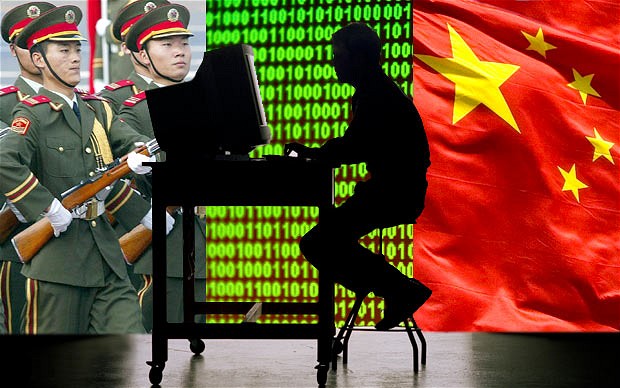With claims of cyber espionage by the U.S. against Chinese telecommunication companies Huawei and ZTE. The U.S. Senate is now propositioning a scenario where China could now blackmail leaders in crucial European allies.
This report came out of a bipartisan group of U.S. Senators on the Foreign Relations Committee. Warning allies to also kick out Huawei and ZTE from their core telecommunication infrastructure.
The U.S. is only as safe as its weakest ally is safe
“It can influence the weakest link in a chain that goes to the very top,” warned Sen. Cory Gardner, R-Colo., during an interview with the Washington Examiner.
“If it’s not the leaders themselves, it’s a political-security apparatus, an economic apparatus somewhere that could lead to dire consequences.”
Sen. Gardner tabled a Senate resolution on Thursday (March 28) backing the Secretary of State Mike Pompeo’s campaign to warn European allies to desist using infrastructure built by the Chinese telecommunication companies.
The Senate resolution went to depth cautioning U.S. allies in Europe about the proliferation of Chinese technology across the European continent. The resolution reads in part that adopting telecommunication infrastructure by Huawei and ZTE.
“… would jeopardize the security of communication lines between the United States and those allies…” and that the U.S. “will consider all necessary measures to limit the risks” posed by communicating via telecommunication infrastructure build, installed, and maintained by Huawei and ZTE.
Gardner further said: “This is an existential security threat to the United States and our alliance. We need to send a warning shot to these countries that we will respond.”
Democrats and Republicans agree on the Cyber-Espionage threats
Also enjoined in this Senate resolution are two Democratic colleagues, Ed Markey of Massachusetts and Chris Coons of Delaware.
“In today’s increasingly connected world, we must work with our allies and partners to animate technology with our values,” said Ed Markey.
“Chinese law requires its companies, including Huawei and ZTE, to fully cooperate with the Chinese Communist Party. If we don’t address emerging threats collectively, we stand to jeopardize our national security, the rules of the road, and the very underpinnings of the international system.”
The U.S. Senate resolution was tabled against a backdrop of a British official report claiming telecommunications equipment software by Huawei had “underlying defects” that “bring significantly increased risk to UK operators.”
The watchdog body formed to oversee the matter is reported to have informed the UK Prime Minister Theresa May that they have “not yet seen anything to give it confidence that Huawei’s capacity” to fix the underlying defects.
The watchdog body thus provided “limited assurance that all risks to UK national security from Huawei’s involvement in the UK’s critical networks can be sufficiently mitigated long-term.”
The U.S. FCC warnings against Huawei secret Back Doors
Last year, the U.S. Federal Communications Commission (FCC) warned that Chinese telecommunication companies, which are also some of the biggest smartphone makers globally, are building secret “back doors” into their hardware.
The very same hardware they are selling to countries all over the world. The FCC, therefore, warns that cyber-espionage by the Chinese could grow exponentially if Huawei and ZTE continue winning tenders across Europe and the rest of the world to install 5G networks.
The race for 5G network deployment
It is no secret, Chinese companies are years ahead in the commercial deployment of 5G network telecommunication infrastructure. It comes nothing close to their counterparts in Europe, the U.S.A or any other part of the world.
For that reason, when a country is thinking of installing the next generation of wireless technology. They are most likely to knock on the door of Chinese telecommunication firms, with Huawei and ZTE topping the list.
A government official from Europe was quoted by the Washington Examiner in February saying, “We have a choice between networks based on U.S. satellites or Chinese satellites. Europe is going to have to make a choice because you can’t have both… it just makes spying so much easier.”



